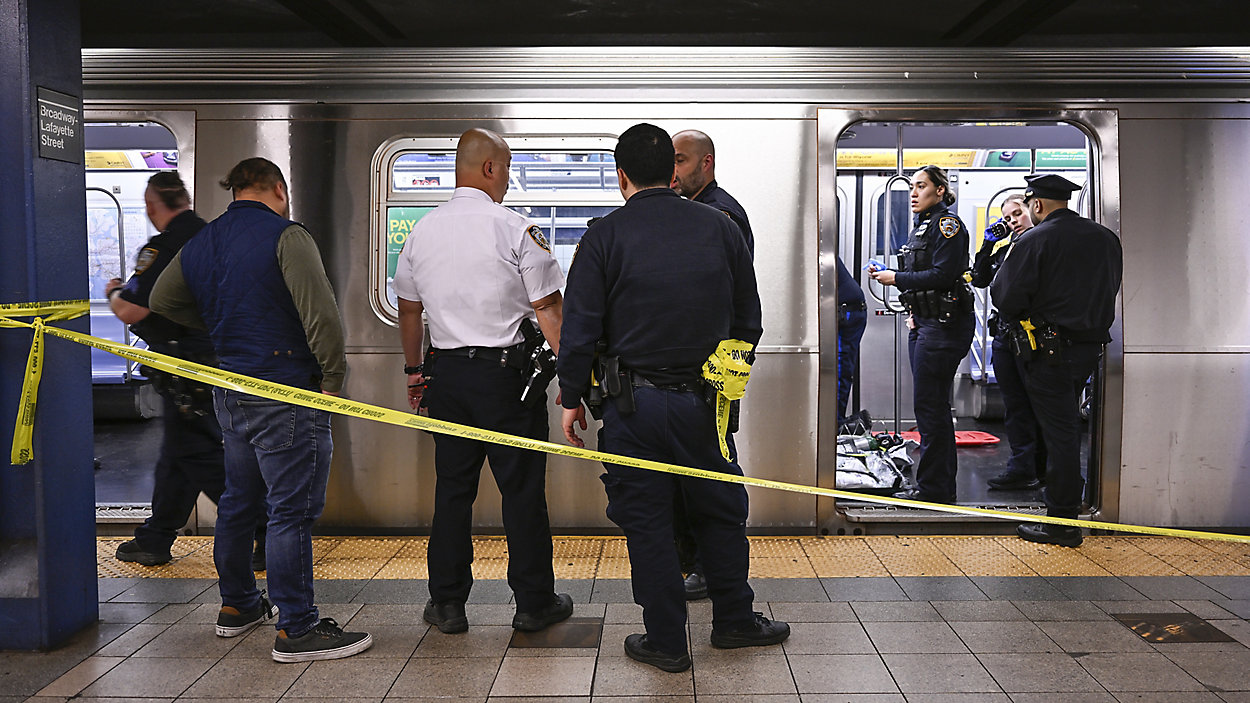Prosecution Rests in Daniel Penny Manslaughter Trial Following Testimony from Over 30 Witnesses
The prosecution in the high-profile manslaughter trial of Daniel Penny rested its case Monday after calling over 30 witnesses to testify. Penny, a former Marine, faces charges of manslaughter and criminally negligent homicide for the May 1, 2023, death of Jordan Neely, a 30-year-old man who struggled with mental illness and homelessness. The case has drawn widespread attention, highlighting issues around public safety, mental health, and the use of force in public spaces.

On the day of the incident, Neely boarded an uptown F train in New York City, where he reportedly screamed threats, expressed a desire to return to jail, and talked about being hungry and thirsty. Some witnesses described feeling fearful as Neely’s outbursts escalated. According to prosecutors, Penny responded by restraining Neely in a chokehold that lasted for approximately six minutes. Evidence presented in court has underscored that the chokehold continued even after Neely was motionless, ultimately leading to his death.
Throughout the trial, witnesses included passengers on the subway who recounted the tense moments leading up to the incident. Testimonies varied, with some describing Neely’s behavior as intimidating, while others recalled the distress of witnessing the restraint. Prosecutors aimed to demonstrate that Penny’s actions exceeded what was necessary, suggesting that the prolonged chokehold contributed to Neely’s death.
The defense, expected to present its case in the coming days, has argued that Penny’s actions were a response to what he perceived as a threat to himself and other passengers. They maintain that Penny, trained in restraint techniques as a former Marine, intended only to subdue Neely and protect those on the train, not to cause harm.
Neely’s death has ignited a national conversation about mental health resources, public safety, and appropriate intervention methods in crises involving individuals in distress. The outcome of the trial could have far-reaching implications, with both sides drawing attention to the legal boundaries surrounding self-defense and the responsibilities of bystanders in volatile situations.


Comments are closed, but trackbacks and pingbacks are open.